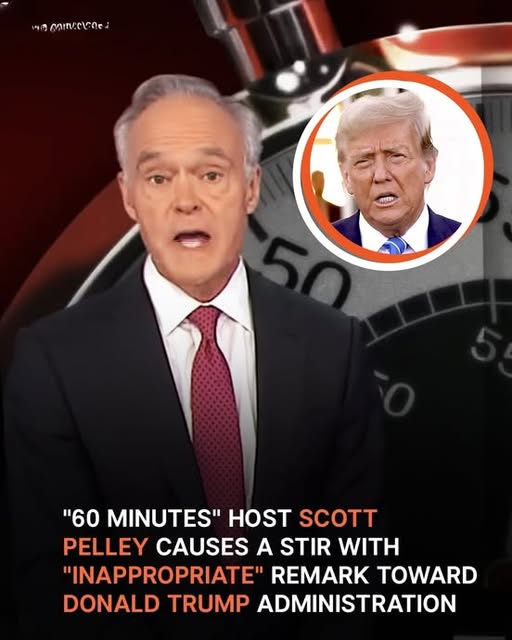
On April 28, 2025, 60 Minutes host Scott Pelley shocked viewers when he revealed that long-time executive producer Bill Owens’ resignation was not a personal decision, but a response to mounting corporate interference. Pelley explained that Owens left in order to protect the show’s editorial independence at a time when parent company Paramount was seeking government approval for a merger. The merger process, Pelley suggested, led to increasing pressure on the program’s content, prompting Owens to make a difficult but principled choice.
A seasoned CBS veteran with nearly four decades of experience, Owens reportedly became frustrated by the growing corporate influence that he felt undermined journalistic integrity. “Bill felt he lost the independence that honest journalism demands,” Pelley shared, calling Owens’ resignation a brave stand for journalistic values.
This revelation ignited a storm of debate online, with critics blasting Pelley for airing internal matters publicly, while others praised his transparency and honesty. A leaked memo from Owens himself revealed that he believed the environment had become unsustainable for running 60 Minutes in the way he had always envisioned, despite his numerous efforts to shield the program from external pressures.
The resignation drama unfolded amidst a brewing storm involving a $10 billion lawsuit filed by Donald Trump against CBS and 60 Minutes. The lawsuit, which has been largely dismissed by legal experts, accuses the show of election interference in 2024 by allegedly manipulating an interview with Vice President Kamala Harris. Trump has continued to attack the program on social media, branding it “dishonest” and demanding FCC action against it.
As 60 Minutes navigates internal upheaval and political fallout, its future — and its commitment to independent journalism — now hangs in the balance.